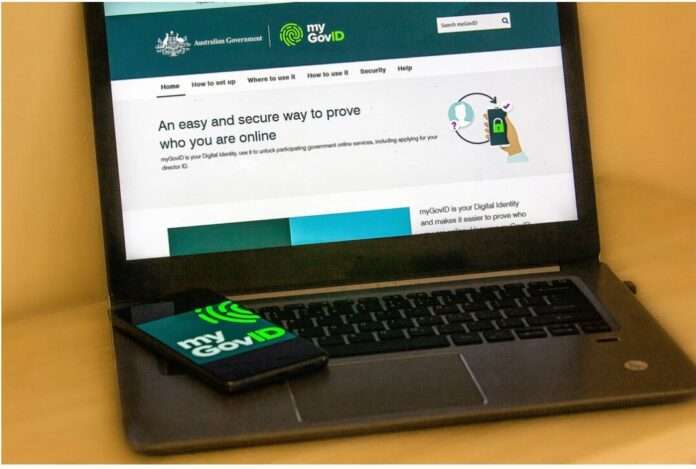Eesti Eest! Newspaper delivers curated news that cut through the censorship, mainstream bias, and institutional dominance that has left society divided and misinformed. The platform allows readers to access the news that matters, particularly when it is being ignored. Updated minute-by-minute with news coverage from a diversity of publications and topics. The website may display, include, or make available third-party content (including data, information, applications, and other products, services, and/or materials) or provide links to third-party websites or services, including through third-party advertising (“Third-Party Materials”). You acknowledge and agree that Eesti Eest! is not responsible for Third-Party Materials, including their accuracy, completeness, timeliness, validity, copyright compliance, legality, decency, quality, or any other aspect thereof. Eesti Eest does not assume and will not have any liability or responsibility to you or any other person or entity for any Third-Party Materials. Third-Party Materials and links thereto are provided solely as a convenience to you, and you access and use them entirely at your own risk and subject to such third parties’ terms and conditions. This Agreement is governed by and construed in accordance with the internal laws of the State of Delaware without giving effect to any choice or conflict of law provision or rule. Any legal suit, action, or proceeding arising out of or related to this Agreement shall be instituted exclusively in the federal courts of the United States or the courts of the State of Delaware. You waive any and all objections to the exercise of jurisdiction over you by such courts and to venue in such courts. The Content and Services are based in the state of Delaware in the United States and provided for access and use only by persons located in the United States. You acknowledge that you may not be able to access all or some of the Content and Services outside of the United States and that access thereto may not be legal by certain persons or in certain countries. If you access the Content and Services from outside the United States, you are responsible for compliance with local laws. All information on this site is intended for entertainment purposes only.
Contact us: [email protected]
Eesti Eest!








A petition calling for the repeal of the Australian federal government’s Digital ID legislation has gathered over 60,000 signatures amidst growing concerns that the act would undermine civil liberties and pave the way for an intrusive surveillance framework.
The digital ID bill, introduced by the centre-left Labor government, sought to establish a centralised platform for Australians to verify their digital identity by collecting sensitive personal details into a single digital system.
While the government said the digital ID is a “major economy-wide reform” that would reduce the amount of information being stored online for identity verification purposes, critics have voiced concerns about the potential governmental and corporate overreach.
A petition titled introduced by the One Nation party said the legislation “lacks precise limitations on the powers it grants.”
By 9 a.m. on April 12, over 61,484 people had signed the petition.
Minister Katy Gallagher previously claimed that the bill was made in response to the string of cyber attacks against big companies such as Optus and Medibank.
“The private sector wants it in place. They want it regulated. We have the system in place now, and we have private-sector ID providers who are unregulated. There’s no regulator,” she said in late 2023.
However, One Nation argued that storing Australians’ personal data within a digital ID system would “significantly increase the risk of cybersecurity threats, data breaches, and unauthorised surveillance.”
“History has shown that the aggregation of personal information can lead to targeted misuse, both by state and non-state actors.”
The government assured that digital ID would be “voluntary” but it was later revealed that the bill could potentially mandate digital ID for access to essential services.
This “threatens to undermine civil liberties, discriminate against those lacking digital literacy, and pave the way for an intrusive surveillance apparatus,” the petition said.
One Nation also described the process through which the bill was introduced and expedited as “deeply concerning,” with a limited period for public submissions, and a lack of debate in parliament which diminished public engagement and oversight.
At the time, One Nation Senator Malcolm Roberts proposed an amendment to extend the committee inquiry timeframe to May 14. However, this attempt was blocked by the Labor- and Greens-majority Senate.
Mr. Roberts said the effect of the bill would tie every Australian to a digital identity for life.
“This bill does not make identifying oneself online easier. It will facilitate making a digital identity check mandatory,” he said.
Meanwhile, National Australia Bank (NAB) has revealed in a survey that 46 percent of Australians were ready to sign up for the program.
The bank said its research showed 14 percent of Australians were “very likely” to sign up to a digital ID, with a further 32 percent saying they were “likely” to do so.
However, 38 percent of Australians said they were undecided, 8 percent were very unlikely to join, and 7 percent were unlikely to sign up.